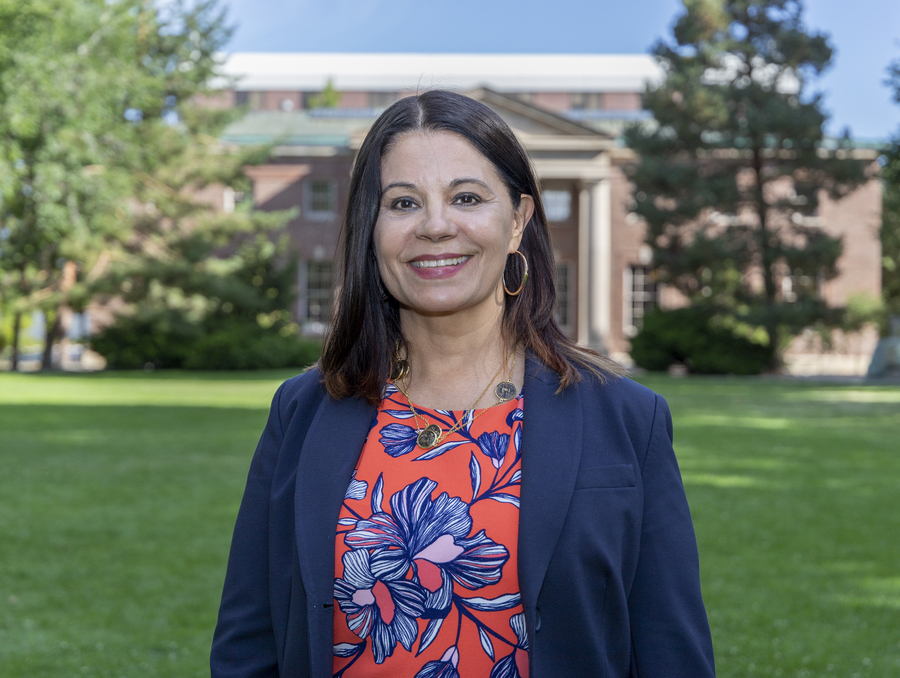
In 2007, the United Nations’ General Assembly declared February 20th to be celebrated annually as the World Day of Social Justice. This recognition represents further testimony of the paradoxes of our era of globalization, one where we embrace open borders and interdependence as opportunities for trade, investments and advances in technology. However, these recent decades have been ones of increasingly closed borders for people, immigrant groups and refugees.
More so, throughout these allegedly interdependent times, the community of nations – including the United States – has increasingly experienced serious financial crises, insecurity, poverty, exclusion and inequality within and among societies – a reality that the pandemic has dramatically exacerbated. As recently stated by UN Secretary-General, António Guterres, “the COVID-19 pandemic has all the more exposed the social and economic inequalities that are rooted in racism, discrimination and xenophobia,” throughout the globe. For him, “recovery” must lead to more inclusive and open societies. In other words, recovery must lead to more democratic societies.
Pointedly, our University’s mission statement addresses similar themes when it speaks of recognizing and embracing the critical importance of diversity in preparing students for global citizenship and a commitment to a culture of excellence, inclusion, and accessibility. Yet, we do not always immediately associate such notions as diversity, equity and inclusion as connected to an obligation to advance “democracy,” per se, or even social justice. This is the case, partly, because we often use many of these terms in ambiguous, not clearly shared and/or understood ways.
Taking the basic example of democracy – what is it? Fundamentally, it is defined as, “rule by the people”, coming from the Greek words, demos (people) and kratos (rule). Following this, who are the people who rule? And this is where the modern evolution of not only our understandings and practices but hopes for democracy have evolved and must continue to evolve, through diversity, equity and inclusion of participation and opportunity. This must take place not only through concessions of legal/political rights to excluded groups – by gender, race/ethnicity, social class, sexual identity and others – but by understanding that democracy must entail unencumbered justice, not only for individuals, but for historically excluded groups, namely, social justice, or what we are commemorating today. On this World Day of Social Justice, let’s not only celebrate, but live every day as social justice, or as democracy, day!
Diversity & Inclusion (D&I) has initiated the Dialogue, Equity and Democracy Series, a series of panel discussions, guest speakers, workshops and teach-ins this spring. Please to join President Sandoval, the D&I team, and a group of distinguished guest speakers, on February 25th at 5:00 pm, for the panel discussion, U.S. Immigration Policy and Democracy: Revisiting DACA and Undocumented Status.
"social" - Google News
February 20, 2021 at 08:20AM
https://ift.tt/3pFn8Ul
Diversity, equity, inclusion... social justice and democracy - Nevada Today
"social" - Google News
https://ift.tt/38fmaXp
https://ift.tt/2WhuDnP
Bagikan Berita Ini














0 Response to "Diversity, equity, inclusion... social justice and democracy - Nevada Today"
Post a Comment